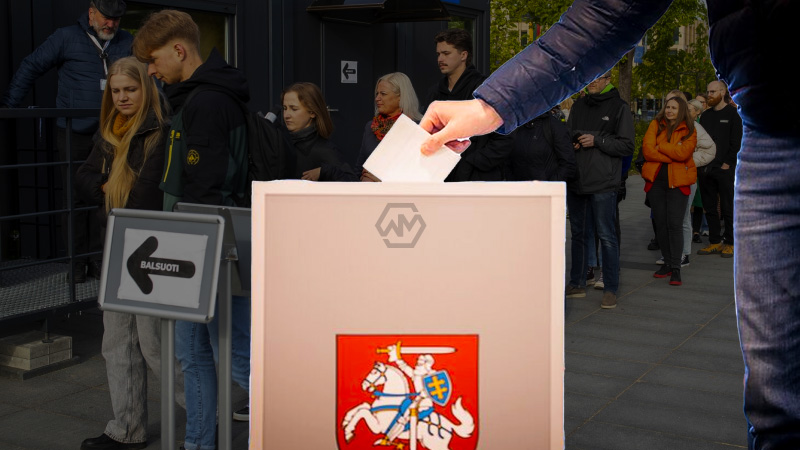- Sunday is the presidential election in Lithuania.
- Nausėda’s primary responsibilities in Lithuanian politics are the two roles.
- Citizens of Lithuania who choose to become citizens of another country must renounce their Lithuanian citizenship.
Sunday is the presidential election in Lithuania, and voter anxiety over Russia’s intentions in the Baltic states is on the rise. Although Gitanas Nausėda, the incumbent, is the favorite to win a second, five-year term in office, eight other candidates are running, making it unlikely that he or any other candidate would win handily.
On May 26, there will be a runoff. As the supreme commander of the armed forces and overseer of foreign and security policy, Nausėda‘s primary responsibilities in Lithuanian politics are these two roles.
Lithuania Election
Situated between Poland and Lithuania on the Baltic Sea, the Russian exclave of Kaliningrad is a source of significant anxiety for neighbors Latvia, Estonia, and Lithuania due to the Russian army’s recent advances into northeastern Ukraine.
Following the fall of the Soviet Union, the three Baltic states proclaimed their independence, forged a determined westward path, and joined NATO and the European Union.
There will also be a referendum on the question of whether the constitution should be changed to permit hundreds of thousands of Lithuanians who reside overseas to hold dual citizenship.
This is bad news for Lithuania, a country whose population has decreased from 3.5 million in 1990 to 2.8 million now. Citizens of Lithuania who choose to become citizens of another country must renounce their Lithuanian citizenship.
For the first time, Lithuania extended an invitation to the Organization for Security and Cooperation in Europe to watch the election, but they were turned down. The Lithuanian government claimed that Belarus and Russia posed a threat to its political and electoral systems, thus it sought to bar observers from visiting those countries.



